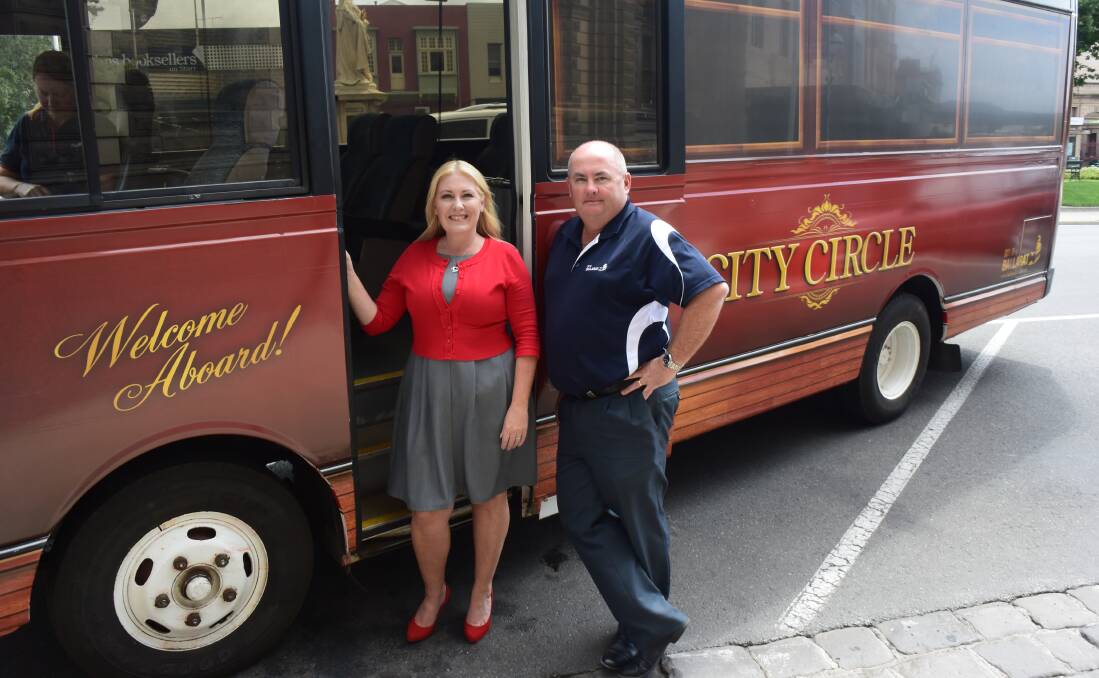The Future of local Government

As the local government elections in Victoria approach stealthily without the media focus or realistically the degree of electorate interest of the state and federal contests, it might be time to rethink the mandate and function of our "third tier of government". Like many of our state water authorities, hospital boards and the like, local government was borne out of local need to provide services to emerging communities, and it historically attracted passionate and engaged representatives that could realistically claim mandate from a fully engaged electorate. Local government as such, took on the trappings and gravity of a tier of government with assembly chambers and civic titles that fitted its community standing.
Subscribe now for unlimited access.
$0/
(min cost $0)
or signup to continue reading
The questions now however must be, is local government's utility in providing unquestionably essential services still truly better enabled by the pale democracy of having often near-anonymous councillors elected on a "posted out" ballot sheet in large amalgamated civic districts. Would local government be better devolved to state appointed infrastructure and planning authorities such as Region Development Victoria or the urban planning authorities? Can state government appointed skills-based boards serve us better? What would we lose? What would we gain and how can we argue a case for retention of local government if its mandate feels so weak?
It would probably seem of no great loss to our community currently to lose councillors and the administrative support that surrounds them if a skills-based administrator was left in their wake. I can see no candlelit vigil in Sturt St, but other than short term resetting after incompetence or corruption, I would argue that while at a low point, and not helped by our current council, local representation and ownership of our infrastructure from art gallery to roundabouts is still our best defence against the indifference and often ignorance of central Melbourne-centric government; regardless of political view. The challenge then is to make local government not only efficient but also again truly representative and constantly responsive to ratepayers as it was at its inception.
Central to this regaining of local democracy must then be to make councils understand that a consultative process is not just a time-wasting procedure to ticked off. It is core business that is not complete until community truly understands, even if as individuals we may differ, that a decision honestly reflects the community's view. Councils must also show they are a value proposition, cap rates to CPI and eliminate waste. Transparency in expenditure and real debt have eluded this council, but public trust and belief in local government won't return 'til this too is addressed.
There is a movement back to local community engagement and empowerment with increasingly vibrant social media, and local papers reflecting our desire for a sense of community in our suburbs and neighbourhoods. We just need to regain the democracy that goes with it.
Dr Mark Harris, City of Ballarat Central Ward Candidate
City circle bus merits expansion
Although the City Circle bus lacked disabled access (and pram access) it was a fantastic initiative for senior citizens to relax and enjoy the sights and sounds of Sturt Street and around Bridge Mall, free of charge.
A future roll-out of more routes and more vintage buses would be wondrous for elderly shoppers and café connoisseurs to experience other key areas of Ballarat aboard warm and welcoming transport. The social benefits this bus service provided must be acknowledged and the future for free buses must follow the blueprint of the City Circle bus.

